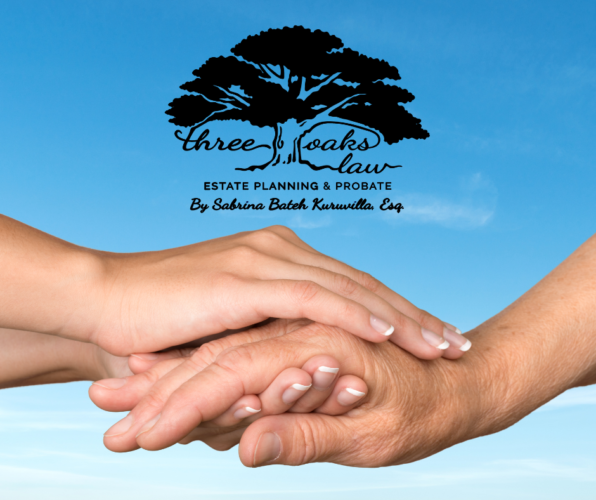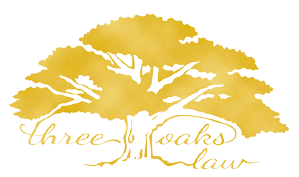10 Things You Need to Know About Estate Planning, Regardless of Age or Health

Planning for the future is an act of love and compassion for ourselves and our loved ones. Estate planning is not just for the elderly or the wealthy; it’s for individuals of all ages and stages of life. In reality, estate planning is a crucial aspect of life that often gets overlooked until it’s too late. Regardless of your age or current health, having a comprehensive estate plan in place is essential, not only to protect your assets and ensure your loved ones are taken care of, but to also have peace of mind. At Three Oaks Law, we strive to empower and educate everyone in our community about these essential elements of estate planning. In this article, we will discuss the top 10 things everyone needs to know about estate planning, regardless of your age or health.
- Start Now, Regardless of Age: Estate planning is not just for the elderly or the wealthy. It’s never too early to begin planning. Regardless of your age or financial situation, having a plan in place allows you to maintain control over your assets and make informed decisions about your future. It’s never too early to start planning. Taking proactive steps now ensures that your wishes are honored, and your loved ones are protected, should the unexpected occur.
- Understand Your Goals: Take some time to think about your objectives and priorities. Are you concerned about minimizing taxes, protecting your children’s future, or supporting a charitable cause? Identifying your goals will help shape your estate plan to reflect your wishes accurately. You have the power to ensure that your loved ones benefit from your hard work and the values you hold dear. This will help to preserve your legacy.
- Create a Will: A Last Will and Testament is a fundamental estate planning document allowing you to specify how your assets should be distributed after passing. Without a will, state laws will determine the distribution, which may not align with your intentions.
- Consider a Trust: A trust is an effective tool to manage your assets during your lifetime and after your death. It can provide protection, avoid probate, minimize estate taxes, and allow for more control over the distribution of your assets.
- Appoint Guardians for Minor Children: If you have children under 18, it’s essential to name a guardian who will care for them if you and the other parent cannot do so. This decision is critical for ensuring their well-being and should be made thoughtfully.
- Designate Beneficiaries: Review and update beneficiary designations on retirement accounts, life insurance policies, and other assets. These designations supersede your will, so it’s important to ensure they align with your wishes.
- Plan for Incapacity: Incapacity can occur at any age. By establishing a durable power of attorney and a healthcare proxy or living will, you can appoint trusted individuals to make financial and medical decisions on your behalf if you become unable to do so.
- Charitable Giving: Estate planning provides an opportunity to support causes that are close to your heart. By incorporating charitable giving into your plan, you can leave a lasting legacy and make a positive impact in your community.
- Review and Update Regularly: Life is dynamic, and so should your estate plan. Estate planning is not a one-time event. It should be reviewed periodically and updated as circumstances change. Major life events such as marriage, divorce, the birth of a child, or significant financial changes should prompt a review of your estate plan.
- Seek Professional Guidance: Estate planning is complex, and laws vary from state to state. Consulting an experienced estate planning attorney ensures that your plan is tailored to your specific needs and complies with all legal requirements. They can provide valuable insights, address your concerns, and guide you through the process.
Understanding these key points, you can create a comprehensive plan that secures your legacy and protects your loved ones. Regardless of your age or health status, estate planning is a vital step toward securing your assets and ensuring your wishes are respected. Having the knowledge of these ten key points and working with an experienced estate planning attorney, will allow you to create a comprehensive estate plan that brings you peace of mind and leaves a lasting legacy for future generations. Again, it’s never too early to start planning for a secure future, and our team at Three Oaks Law Firm is here to support you every step of the way.
